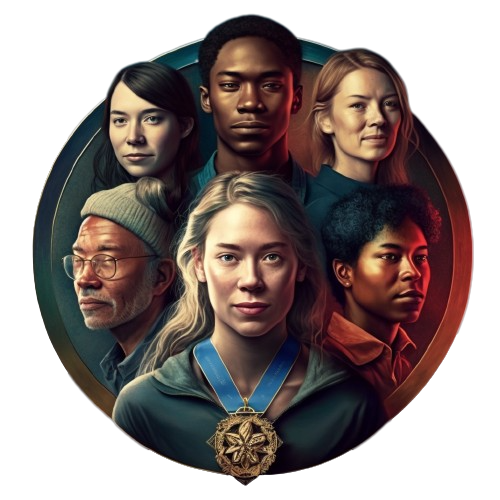Reimagining hiring with Open Recognition

It’s the first day of my three-week holiday so of course I woke up before 6am and I’m writing a work-related post. The reason for this is that on Hacker News just now, I saw a post entitled He who submits a resume has already lost. It’s not only a great title, but a thought-provoking post.
The author, an anonymous blogger who goes by ‘Resident Contrarian’, points out how sending out CVs and resumes is in no way to the benefit of job-seekers:
An [sic] group of 50 applicants submit resumes for a job. 10 or so of them are delusional, and get cut… Of the remaining 40, 35 are rejected… This leaves five candidates… Four of those candidates will eventually be rejected, leaving a best-of-50 candidate who will be paid as if he’s barely qualified.
Last week, I wrote that ‘hiring is broken’. I stand by that. However, we can at least partially solve this problem with Open Recognition based on Open Badges, and Verifiable Credentials. This approach allows us to not only foreground knowledge, skills, and understanding, but also behaviours, relationships, and experiences. I’ve written about this before, as has Laura, but here’s some additional reasons why we need a different approach to hiring, specifically:
- Levelling the playing field — by encompassing behaviours and experiences Open Recognition paints a fuller picture of candidates, ensuring that employers can unearth hidden gems — and not just those who went to the best universities.
- Trust, but verify — Open Badges offer transparency and authenticity, covering not just knowledge and skills, but also the relationships that underpin successful teamwork. For instance, a candidate might showcase their coding skills alongside their mentorship experience in a community coding club, offering proof of a well-rounded skillset.
- Bias reduction — by taking into account personal qualities, Open Recognition can help hiring managers make more equitable decisions. For example, a candidate’s demonstrated leadership in a volunteer organisation could be weighed-up with their formal education and work experience. This ensures that qualified candidates from all walks of life get their foot in the door.
- No more unpaid labour — “it’s a full time job to apply for a job” is a truism. Open Recognition using Open Badges and Verifiable Credentials streamlines the job-seeking process. It reduces the burden of unpaid labour, so instead of spending countless hours tailoring CVs/resumes and cover letters, candidates can focus on what matters. This includes forging meaningful relationships and engaging in valuable experiences rather than filling in online forms.
- Mutually-beneficial match — a more transparent hiring process accounting for the full spectrum of a candidate’s strengths works both for candidates and employers alike. For instance, a company seeking a project manager with proven leadership abilities and a history of successful collaborations might quickly identify a candidate who has earned Open Badges in project management methodologies and documented their team-building experiences.
I’d really like to fix hiring so that my own kids don’t have to deal with the soul-crushing reality of applying for jobs as it is in 2023. By embracing a holistic approach to hiring through Open Recognition, I really do think we can create a more equitable, transparent, and more human approach for everyone involved.
If you’re eager to explore this further and discover how you can get involved in the world of Open Badges and Open Recognition, head over to badges.community and join the movement!

